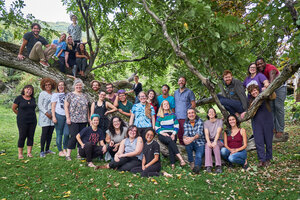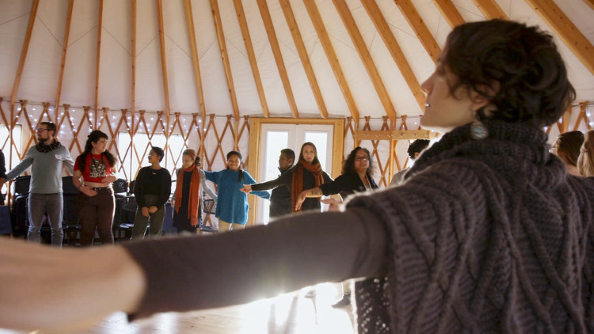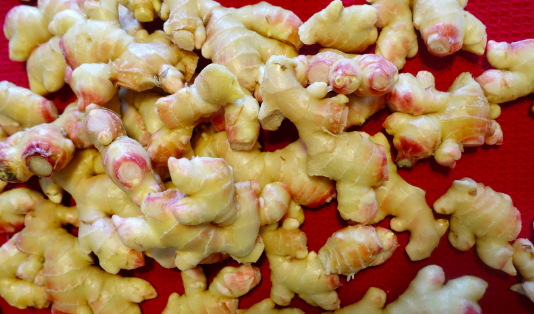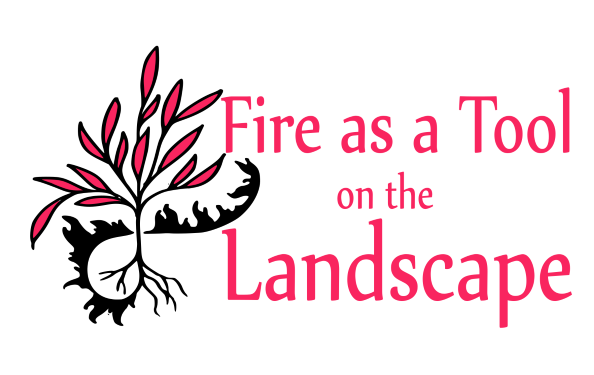| | |
.jpg)
School of Living News
January 2020 |
|
|
Welcome to our School of Living electronic newsletter where you can catch up on what is happening in our land trust communities and SOL committee work.
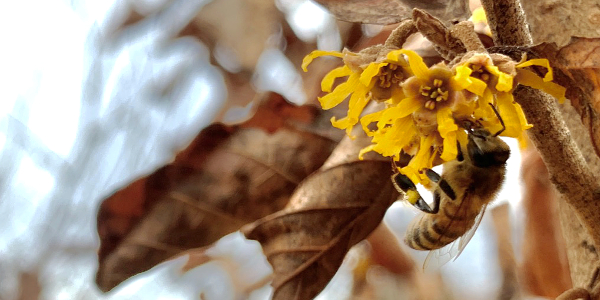 |
|
|
QUARTERLY MEETING
We had our quarterly board meeting on Saturday, January 25 via Zoom conference call. Here are some of the highlights:
|
|
|
RELATIONAL UPRISING
by Rae Basile In the Summer of 2017, Juan and I met the co-founders of an organization called Relational Uprising, which exists to support communities in fostering a resilient, interdependent, relational culture of complex connection and inclusion.The frameworks and practices behind Relational Uprising changed our lives at a personal level, and also in how we understood our work in the world.
The tools offered by Relational Uprising are very relevant for intentional communities. Many people join intentional communities because they wish to create a better world—one that avoids the injustices and exploitation we find in mainstream society. But without an understanding of the underlying frameworks that drive our society—including for example, the idea that we can be self-sufficient, and that we can dominate nature and our bodies—many intentional communities fail to build trust, foster deep inclusion, or embody the interconnectedness with the earth or each other that is present whether or not we acknowledge it. Image courtesy of Relational Uprising
If you’d like to learn more about Relational Uprising and their training schedule for the year, you can check out their website: https://relationaluprising.org/calendar
|
|
|
GINGER AND TUMERIC ORDER
Image courtesy of StellaLou Farm
We will be putting an order in for ginger and turmeric "seed." Buying together helps us to take advantage of bulk pricing. We order from Hawaiian Clean Seed and have been very happy with their products. They have changed their ordering system and have their live ordering opening on February 15, 2020. If you wish to order ginger and turmeric seed, please, look at their website and send me a full description of what you would like to order: varieties, how much, substitutes or not, and cut or not cut. We'll try to accommodate your wishes the best we can. In my experience, they sell out very fast so I want to be ready on February 15. Give me your wish list at least a week ahead so I will be prepared. Thanks! Michaelann – MVelicky@schoolofliving.org
|
|
|
TURTLE WAY'S 2020 SKILL SHARE GRANT PROPOSAL
by Will Pierson The School of Living received a nomination from Centre PACT (Philanthropic Actions Created by Teens) to apply for their annual grant. Centre PACT operates in Centre County, the location of Julian Woods. So,
we felt this nomination was directed towards activities hosted by SoL’s Julian Woods Community. In reviewing Centre PACT’s areas of interest, it became clear to Deb, Karen and I that Turtle Way’s Skill Share matched their priorities well. We constituted a virtual team of three to develop a proposal responding to the nomination. Each year, the PACT students “identify issues affecting peers in their schools and community, research local nonprofits, request and review grant proposals, and secure donations”. This year five interest areas When drafting a grant proposal, I find three areas form the core, and must be included early in the process: (1) a knowledge of the grant seeking organization; (2) a well-defined concept of the activity(s) to be offered; and (3) a notional listing of the cost element required to support the activities. Karen, Deb and I all have a decent knowledge of the School of Living, though Deb certainly knows more of Turtle Way’s interests and abilities. We also felt Deb best able to propose activities that Turtle Way wanted to offer; and to begin a line item budget of expected expenses. Following my initial direct contact with Center PACT to assure clarity on their granting process and the working of their internet interface we set to work partitioning the grant application and filling in the blanks. This was January 5th. I began work on the required organizational and primary contact information; and Deb set about identifying the workshops already under consideration for the 2020 Skill Share. Along with this Deb sketched out the Skill Share support organization and the budget, sending out a draft her thoughts before we held a Zoom call on 7th. We had until January 17th to complete and upload our proposal; and we all had schedules full of life’s other demands. It now fell to me to augment On January 9th I circulated the first completely formatted draft to Deb and Jaren. Deb responded with some suggestions on January 13th. These I incorporated before sending out draft two ahead of our Zoom call for a status meeting that evening. Karen also offered valuable edits, based on her more extensive experience writing grant proposals. The status call identified significant changes to the cost basis of the budget, and the pricing structure of the festival. January 13th was a focused and demanding day, but yielded the edits needed a 3rd draft that appeared close to a final version. By the 13th I also received answers from my pricing inquiries to public radio and the local newspaper. This pricing data substantiates the advertising line item in the budget, but does not become part of the proposal. Nor does it obligate Turtle Way to any particular outreach strategy. By the 14th I sent a near final draft out for last-look comments; and completed a practice cut ‘n past transfer to assure our proposal would fit the into the internet interface. All went well. We had a proposal ready to submit with three days to spare. Now we wait. By mid-April we learn if we made the cut, and receive an invitation to the in-person interview. While this grant proposal developed smoothly and quickly by a focused team of three, most proposals do not. Finding most proposal opportunities requires extensive, time consuming searches rather than receiving a well-focused nomination. Development of most proposals take longer than a week to draft, require more iterations, more detailed information and justifications; and may rely on larger teams. While we won’t know for a month, we feel pretty confident we’re submitting a creditable proposal. We’re also confident that the processes and the experience we’re developing can be refined and reused to develop other proposals. We, as the School of Living, and as the individual communities must still learn to clearly identify potential and projects suitable for grant funding; and to find funding sources willing to support activities consistent with the School of Living’s mission and capabilities. |
|
|
SCHOOL OF LIVING'S NEW FORUM
The educational committee decided to trial an online forum to initiate conversations about Borsodi and the place his work has in School of Living today. The forum that we put on the website made it simple to add additional subjects and categories that might interest SOL members and the public (Working in Community, Permaculture, funding opportunities, educational collaboration, etc.) The forum is a platform for conversation and the sharing of questions and ideas and solutions.
The structure is not in stone and may need refinement and, certainly, needs to be expanded. Help us by joining the conversation! You will need to sign up to reply to posts and to contribute new topics. If you would like to see additional categories; let me know and I will get them represented on the forum. MVelicky@schoolofliving.org |
|
|
WORKSHOP AT THE COOP
Aboriginal use of fire on the landscape has a long legacy with humans.
Used judiciously, fire is an ally which guides ecological succession, builds soil with biochar, and influences plant abundance and diversity. Come learn some fire history, and participate in a controlled burn of a meadow, followed by a tree planting. The Coop at StellaLou Farm will be hosting Zach Elfers, a local tree and native plant enthusiast, as the instructor for this special workshop. The workshop will run 9-12 a.m. on February 29th with a rain date of March 7th. The controlled burn requires weather which is both dry and has low wind. There is a $10-20 suggested donation. |
|
|
SOL RECOMMENDS
MEMBERSHIP
To renew your membership or join School of Living, click on this link.
|
